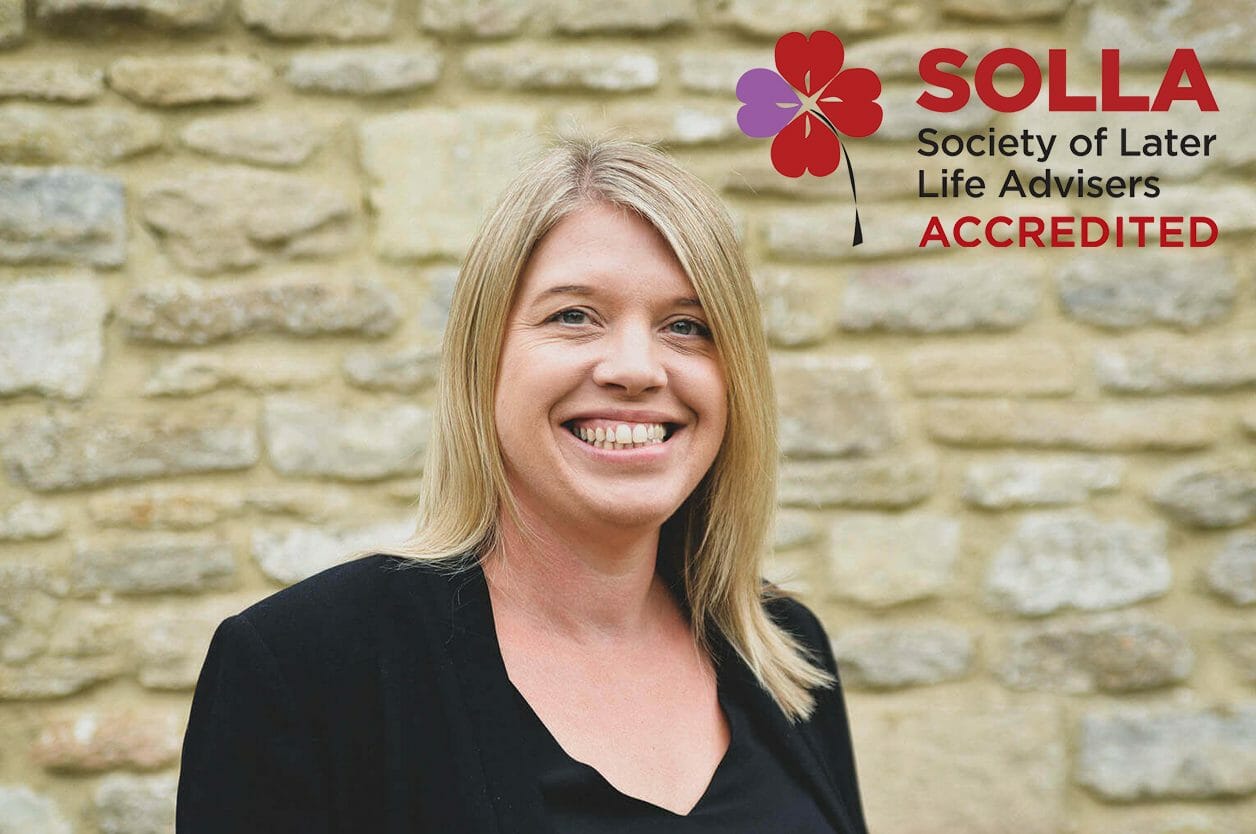Bristol-based Chartered Financial Planner, Coreena Dutton, discusses the importance of considering the cost of care fees when estate planning.
Picture this – you plan to gift away your hard-earned assets to your loved ones to avoid Inheritance Tax (IHT), but leave enough for your day-to-day retirement lifestyle costs.
Sounds great, right? However, what happens when you are then faced with an immediate need to move into a care home which comes at a high cost you can no longer afford?
Often when people think their retirement plans are taken care of as they have built up a healthy amount of savings, thoughts then turn to estate planning. The idea of this is to pass on their wealth and assets that they will not ‘use up’ at retirement to their loved ones in a tax-efficient manner and avoid that hefty 40% Inheritance Tax (IHT) as much as possible.
It can therefore be tempting to give large gifts to your loved ones in order to reduce your estate – another area of planning which has its own complex rules to be mindful of and where advice should be sought. However, further care should also be taken to ensure that you do not end up depleting your assets and wealth to a point where you do not have the funds you require yourself in later life, such as the all-too overlooked area of care fees. No one can predict a future illness or need for care, but by not planning ahead for this potential future where you do in fact need care, can come at a great cost.
The average weekly living costs in a UK residential care home is £760, and £960 for a nursing home, totalling between £39,520 and £49,920 per annum (Care Home, 2024). However, the average income for a pensioner in the UK in 2022 was £349 per week (Department for Work & Pensions, 2022). So, where would the additional £21,372 to £31,772 per year come from in the event of needing care?
This will most likely need to be funded by your hard-earned savings that you probably have planned to pass on to your loved ones in the future. However, remember that your own requirements must come first.
Whilst there are some schemes that can help to pay for care fees, these have limitations and eligibility criteria that do not apply to many people, such as the NHS Continuing Healthcare scheme, or local authority funding. For example, in England, you will only receive local assistance if your assets – including property in most cases – are worth less than £23,250.
Again, some people are tempted to try and reduce their estate, not just for IHT now, but also to fall under the eligibility bands for care fee assistance. For example, some plan to transfer ownership of their home or make gifts to help them quality, but this can be seen as a ‘deliberate deprivation of assets’ and those could then still be tied to you for the calculation by your local authorities.
Ensuring your financial plans allow for any potential care costs in later life whilst also making sure your estate will be passed on tax efficiently is a fine balancing act and cannot always be an exact science as we never know what life can throw at us.
However, by utilising tools such as cashflow modelling with an Independent Financial Adviser, this can allow you to make projections for your financial future and stress test your plans to see the impact that an event – such as care fees or an inheritance tax bill – can have on your wealth and allow you to plan ahead for those potential circumstances.
If you have not yet considered the impact of a potential need for later life care on your own financial plans, please do not hesitate to get in touch with an Integrity365 Independent Financial Adviser on 0117 450 1300 who would be happy to discuss your individual circumstances and options.
For more information on later life planning and covering care fees, click below to download our helpful PDF guide:








